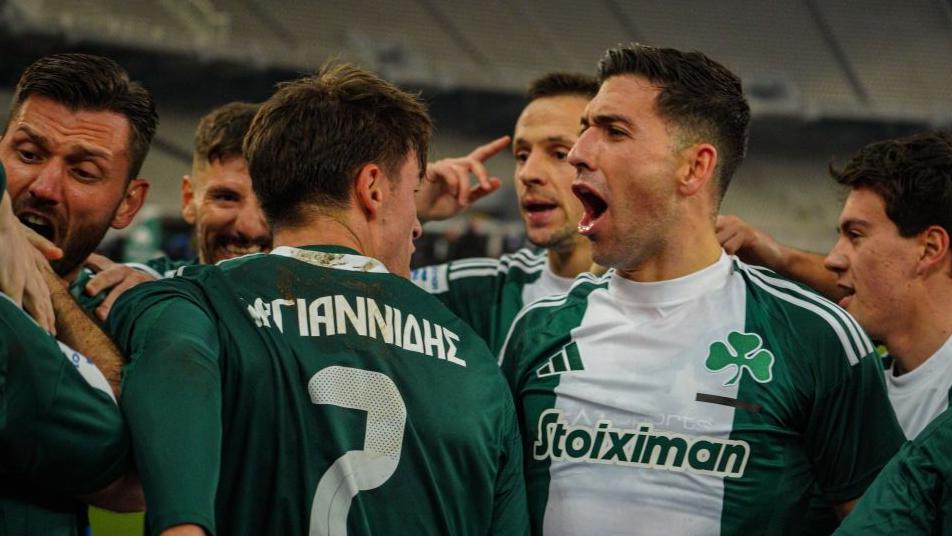On June 18, 2025, Scottish football clubs Rangers and Hibernian found out their opponents for the upcoming European competitions. In a significant pairing for the second qualifying round of the UEFA Champions League, the Rangers have been drawn against the prestigious Greek club Panathinaikos. The first leg of this much-anticipated encounter will take place at Ibrox Stadium, the home ground of Rangers, on either July 22 or 23. Following that, the two teams will clash again, with the return leg scheduled for the following week at Panathinaikos’ home ground in Greece.
In another notable development, Hibernian has drawn Midtjylland from Denmark in the Europa League second qualifying round. This matchup adds to the excitement as Hibernian looks to advance further in Europe’s second-tier competition. The stakes are high, and both clubs will be eager to put their best foot forward against their respective opponents.
The road to European qualification presents various challenges, particularly for Rangers, who are stepping into this tournament under the new management of Russell Martin, a former head coach of Southampton. Although the club has been seeded for the draw, they will face a daunting task against Panathinaikos, a club that finished second in the Greek Super League last season but has a strong historical record in European competitions. Despite their unfavorable standing of 111th in the European club rankings, they have proven resilient against Scottish sides in the past.
Rangers, who finished as runners-up in the Scottish Premiership, are looking to establish a strong performance at home. The last encounter between these two teams saw Rangers ultimately advance, despite Panathinaikos winning 3-1 at Ibrox during a Champions League group stage match in 2003. Tension is sure to be high due to the historical context of their earlier encounters. Rangers will hope to turn the tide in their favor and capitalize on their home advantage.
Moreover, the Scottish champions are preparing to confront the narrative that emphasizes the historical successes of Panathinaikos against Scottish teams. The Greek side boasts a notable record, having never lost to a Scottish opponent over the course of 90 minutes in their past meetings. Yet, they only recently returned to the competitive scene after inactivity in the Champions League since 2010–11. This absence could potentially play a pivotal role in how they perform under pressure.
In addition to these matches, the dynamics in other parts of the tournament should not be overlooked. The winners of the first-round tie between Linfield, the champions of Northern Ireland, and their Republic of Ireland counterparts Shelbourne will meet Qarabag, a well-regarded Azerbaijani team. Welsh champions The New Saints are also set to face Shkendija from North Macedonia, and should they prevail, they will encounter either FCSB from Romania or Inter Club d’Escaldes from Andorra.
The UEFA Champions League and Europa League, both incredibly prestigious tournaments, offer clubs the opportunity not only to gain recognition on a European level but also to secure financial incentives that come with progression through these rounds. As the first leg approaches, anticipation will undoubtedly grow among fans and players alike.
In the context of preparations, Rangers and Hibernian’s fans will focus on their teams’ readiness and strategy, while coaches analyze weaknesses in their opponents. For Russell Martin, leading Rangers into this competition presents a testing start—one that could define his early tenure at one of Scotland’s most storied clubs. A successful outing against Panathinaikos could set a promising tone for the upcoming season and provide a crucial lift to the team’s morale, especially after last season’s early exit from European competition.
As the teams gear up for these pivotal clashes, the excitement builds, reflecting the high stakes of a European showdown that promises to be both thrilling and intense.



